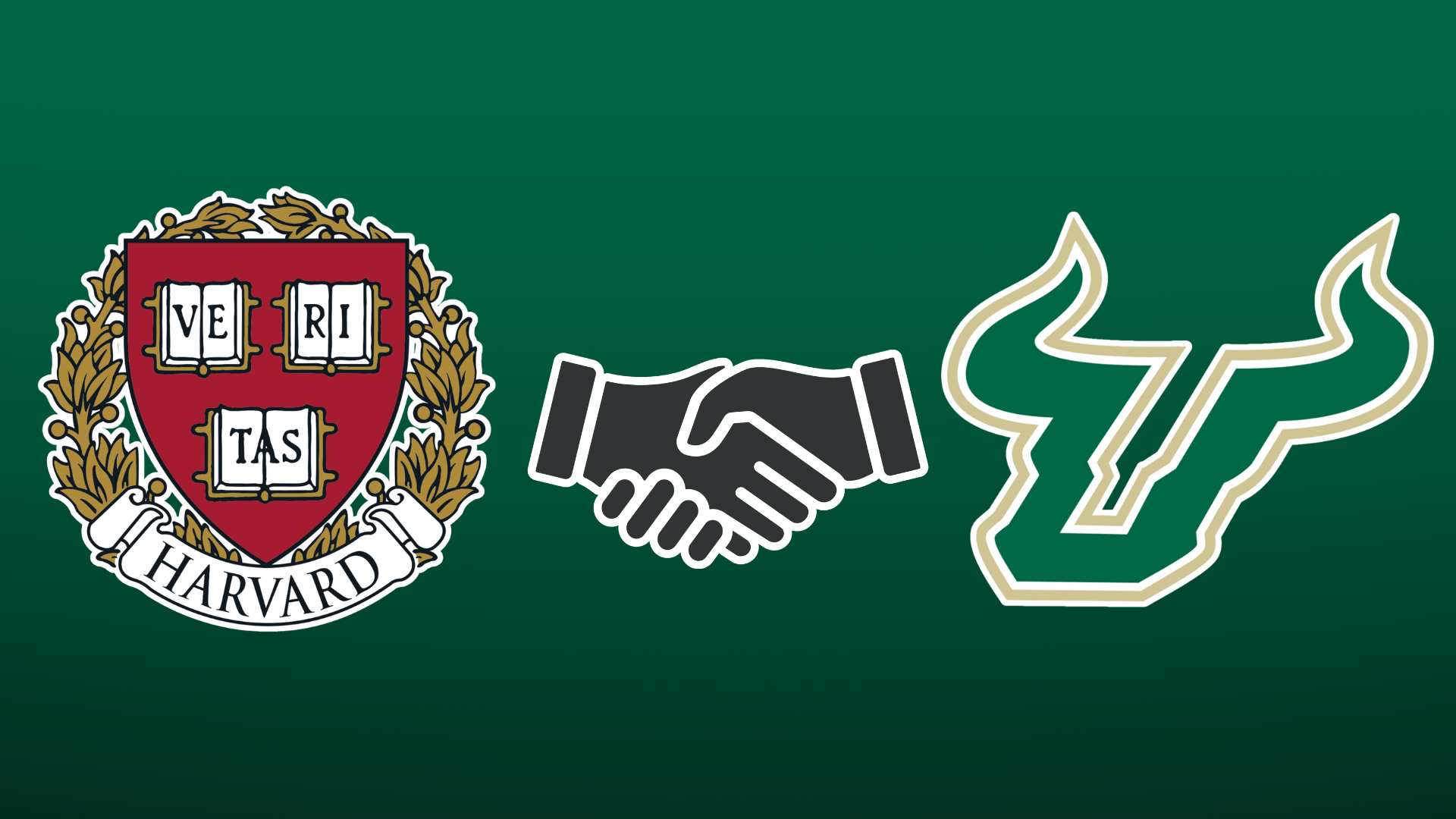OPINION: USF should follow Harvard in self-allocating research funds

Since President Donald Trump’s first day in his second term, he has signed 152 executive orders, many of which affect higher education.
Trump’s policies are getting out of hand, impacting key resources that colleges are meant to offer.
More specifically, medical research is on the chopping block as Trump decides to retaliate against schools that do not bend to his every demand, as seen at Harvard University.
Related: USF professors alarmed by DOGE’s review of academic research
Harvard has decided to challenge Trump’s demands by self-funding certain research to make up for federal funding cuts, setting aside $250 million, according to the Associated Press.
Harvard’s vow to fight for research and innovation, even in the face of reduced funding, gives hope that other universities will do the same.
USF could be among the first state universities to fight against the government on federal funding for research.
Although Harvard is one of the top intellectual universities in the country, USF is among 71 universities that are a part of the Association of American Universities (AAU), leading in innovation and research.
Most of USF’s research funding comes from federal sources, such as the National Institutes of Health, which gave USF $227 million in research grants in 2024, according to USF.
As such, grant reductions and freezes could potentially hinder research at USF.
Related: USF researchers face uncertainty over NIH grant reductions
USF should follow in Harvard’s footsteps and self-allocate funds for medical research, so the university can be independent from Trump’s demands.
Federal funding for research efforts is important to higher education in many ways, as it helps boost prestige and innovation. It also provides financial support for students while paving the way for upcoming researchers.
USF leads medical research in the state, with our Morsani College of Medicine being ranked at number one by the U.S. News & World Report.
USF’s research efforts include medication that can help prevent dementia, which is crucial to the world of medicine. Because of federal funding cuts, life-changing research could be at risk.
Related: OPINION: What Trump has ruined in higher education so far
USF raised $168 million in funding from more than 54,000 donors in 2024 — more than half of the funds Harvard has allocated.
This shows that with the help of generous alumni and donors, USF has the potential to fund its research independently.
If USF were to follow in Harvard’s lead, reaching out to donors and organizations would help researchers on a broader scale while allowing the university to better maintain its political and academic freedom.
Our future researchers and doctors deserve to feel uplifted and supported, with or without federal research funds.
Donor contributions bridge funding shortfalls during periods of budget freezes, encouraging exploratory work and innovation that can turn into life-changing research.
USF should be among the universities to fight back and help the world of research thrive.







